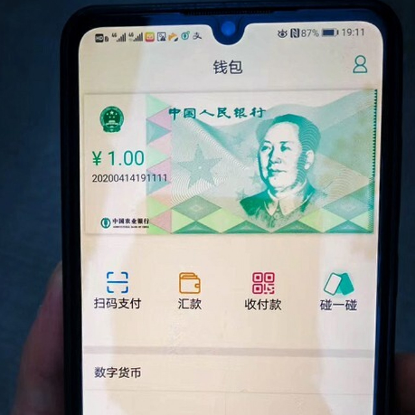(ATF) As the world embraces social distancing and virtual relationships as the new normal, the race is on for setting up digital platforms that will promote speed, efficiency and security in capital markets.
And now the involvement of regulators like Hong Kong’s Securities and Futures Commission (SFC) and custodians is expediting the transformation of traditional financial services, in a major boost to investor confidence.
OSL, a member of BC Technology Group was recently given an approval-in-principle by the SFC for its application to operate a virtual asset trading platform under a license.
“Digitalisation of financial services will continue to accelerate in the post-pandemic world. This can in some ways be seen as an extension of the electronification of equities and FX markets, which has been going on for some time now,” said OSL CEO Wayne Trench.
CHINA TENSIONS: ‘Made in Hong Kong’ brand suffers as US-China tensions deepen
In November 2019, Hong Kong’s Securities and Futures Commission announced a regulatory framework for virtual asset trading platforms with the intention it “will only grant licences to platform operators that are capable of meeting robust regulatory standards”.
The coronavirus pandemic, which has claimed more than 900,000 lives and infected as many as 28 million, has forced banks and financial institutions to make dramatic operational changes to remain competitive.
Digital transformation with artificial intelligence, accelerated automation and emphasis on remote transactions are some of the measures the banking sector has taken.
It has also hastened the adoption of digital assets.
OSL’s approval when translated into a license, will allow it to operate a brokerage and automated trading service for digital assets putting it on track to become the world’s only publicly listed, licensed, insured and Big Four-audited digital asset platform.
Security token offering
Digital assets like Security Tokens can be accessed via blockchain wallets, which are comparable to a traditional brokerage account and can be offered as a security token offering (STO) or tokenized IPO to trade real financial assets such as equities and fixed income.
“STOs could be used to raise capital with substantial savings on human capital and infrastructure expenditures,” said Trench.
“One of the advantages of a digital asset platform such as OSL is that it is scalable in nature and can facilitate efficiencies and cost savings in capital markets activities.”
Scalability has translated into rapid growth. Last month, BC Group unveiled revenue growth in the first half of the year of 47% over last year. This was largely on account of a record annualised trading volume of US$28 billion achieved during the first six months of the year.
“The fact that major investment banks are also now participating in digital assets reinforces that this is an important financial asset class that is being increasingly institutionalised,” said Trench, referring to the speed of the adoption.
The November announcement by the SFC has already laid out the regulatory framework for digital asset trading platforms making it a pioneer within the top international financial centres. It addresses issues like hot and cold digital wallet insurance, client asset segregation, know-your-customer, anti-money laundering, maintenance of orderly markets and other digital asset-specific controls.
“The SFC’s approval-in-principle provides the missing piece for traditional finance to enter the digital asset space – and it does this by clearly addressing and eliminating concerns around asset safekeeping, governance, and KYC/AML, for example,” Trench said.
“Once licenses are granted, the SFC regulation will allow digital asset firms like OSL to rapidly expand client outreach and also offer access to trade virtual assets including security tokens.”
























